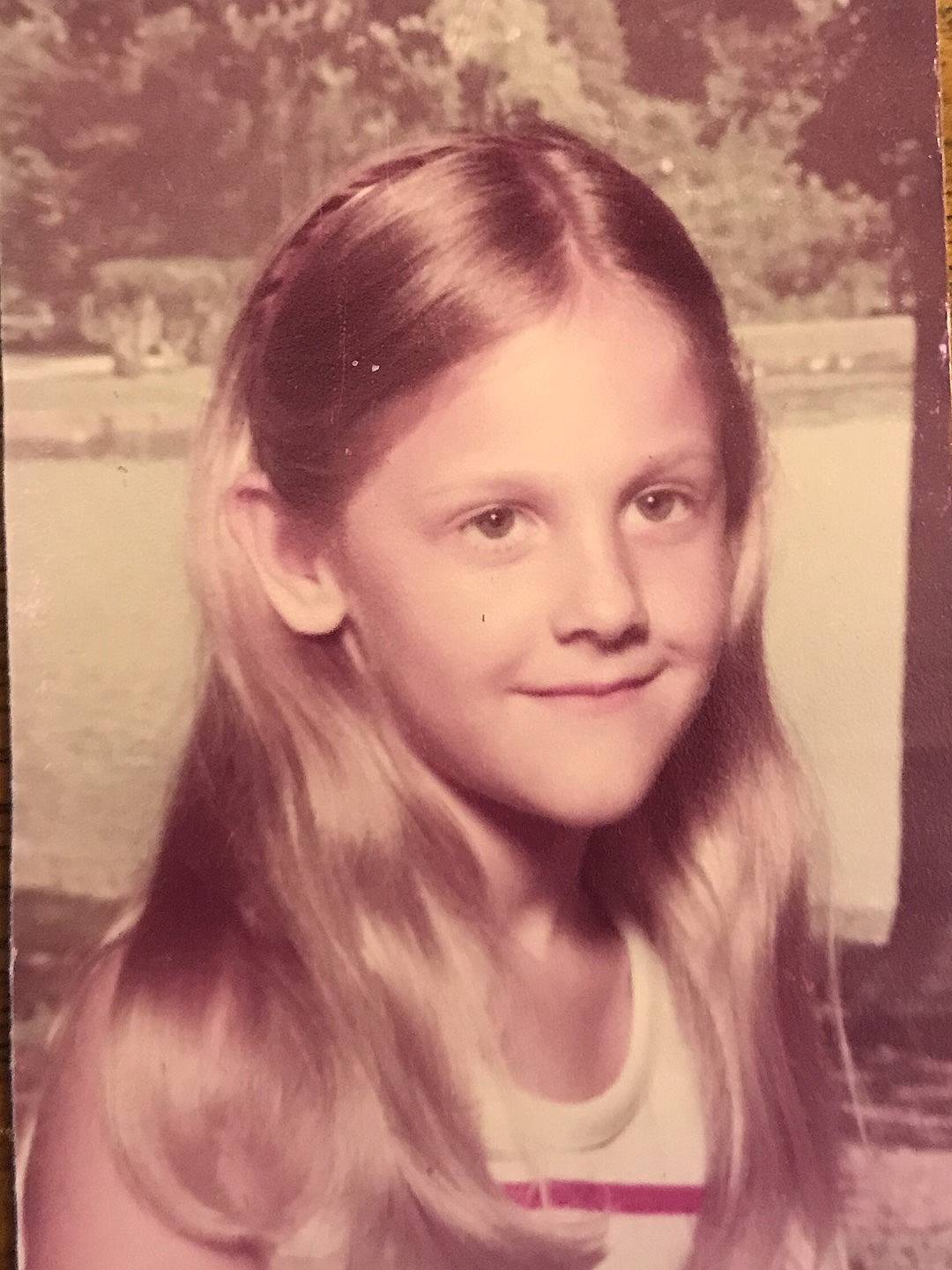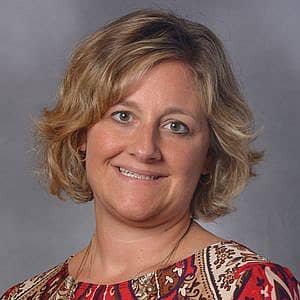I grew up an only child, always extremely aware of the microscope through which my parents constantly observed me. Our household was clean, orderly, and calm, and perhaps as a result, I was a quiet and reserved little girl, particularly in school. My mother loves to remind me of a report card from the 2nd grade when I received a slightly lower mark for behavior. The teacher’s gleeful explanation was, “She talked in class! Isn’t it wonderful!” I’m fortunate that school, particularly homework, was generally fairly easy for me. Give me a text book and some silence and I’ll figure it out by myself, but verbal interactions in the classroom were harder.
I don’t like to be put on the spot, forced to provide an immediate response. I remember first learning long division in the 4th grade, and as Mrs. Scheinuk looked directly at me and asked, “Amy, do you understand?”, my eyes filled with tears, turning the blackboard a blurry mess. (My tear ducts betrayed me again in the 6th grade when the cutest and most popular boy, Stephen Crochet, suddenly asked me a question. The effort it took to look at him and form a nonchalant response was more than my crushing pre-teen heart could take.)
Unfortunately, I can think of more moments of verbal failures than triumphs. Freshman year of college, my American Literature professor asked the class, “Who was looking for the Holy Grail?” and without thinking I mumbled, “Hitler,” because any true 80’s kid aptly connects the search for the Holy Grail to Indiana Jones’s race against the Nazis, not King Arthur. Old Severn Duvall bellowed his drawl over the class with astonishment, “Did someone say Hitluhh?!?” And the girl sitting beside me never let me forget, for the next four years.
I have always been more comfortable learning solitarily, taking my own time and space to consider my thoughts rather than testing my ideas out loud, releasing them into the air, naked and vulnerable to the judgement of others. In college I preferred to listen to the engaging lectures of my favorite professor, Marc Conner (now President of Skidmore College), feverishly scribbling notes about his brilliant illuminations of 20th century American novels. In stark contrast, later taking a Shakespeare class with Dr. Ray in which we had to act scenes was pure agony.
Graduate school was filled with outspoken classmates. The first week of Bread Loaf always meant enduring the audacious comments of students eager to mark their territory early. They spoke early and often, claiming the classroom airspace and marking it as their own forever, like dogs sprinkling a fire hydrant. I soon learned that my analysis was just as valid as theirs, but I preferred to ruminate over the text alone at my desk, then share my thoughts through writing rather than the spoken word.
With adulthood has come many wonderfully liberating passages. One of the greatest is that I can find a vocation that works particularly well for my brain, my personality, and my talents. As we know with our students, many are currently trying to learn in educational systems that do not meet their own individual needs. Education means not only being educated by another person; it is not simply a transferral of knowledge. Education happens when each person discovers how to learn with joy rather than fear or trepidation. Now, if I prefer to write instead of speak, I can.


